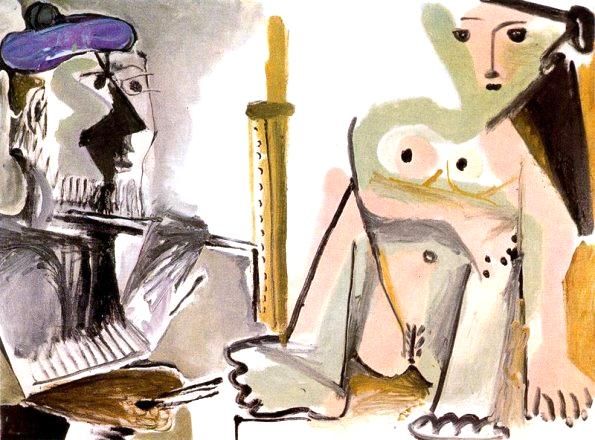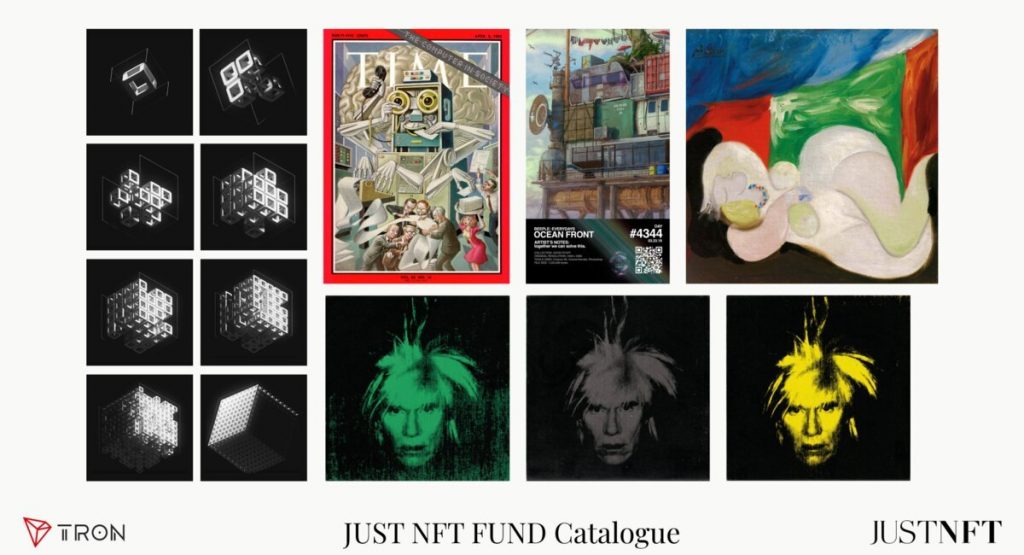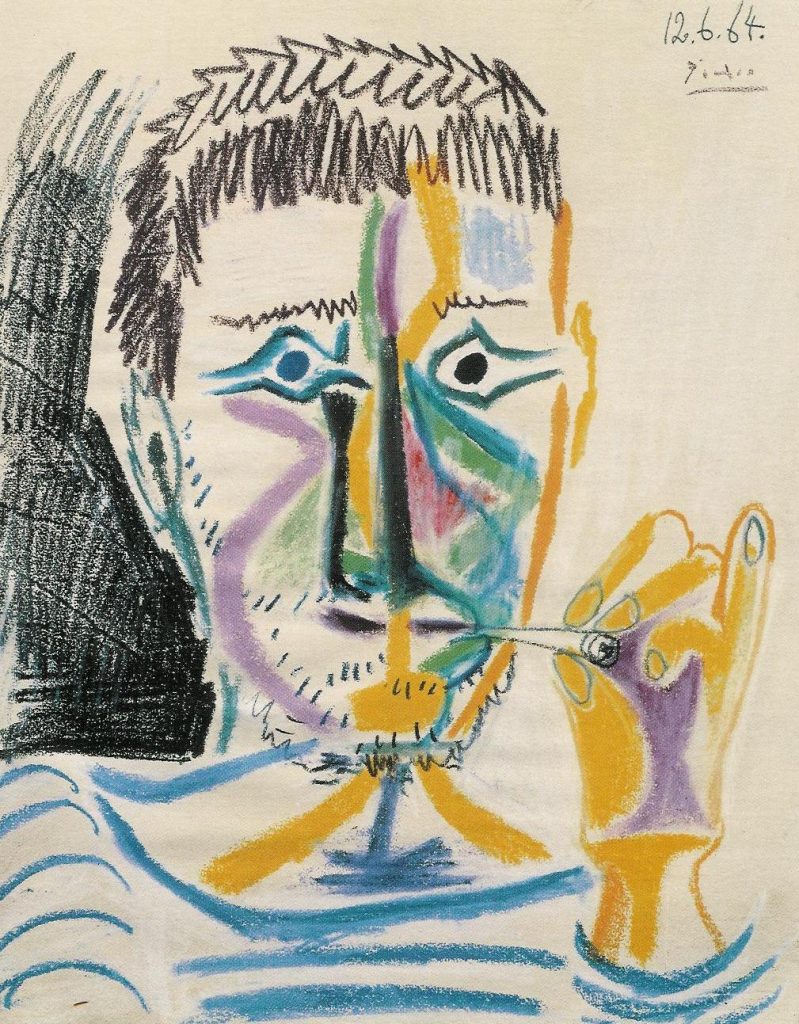Tech
World First: how to own shares in a Picasso masterpiece
Tech
Apple set to unveil budget iPhone 17e, new iPads and low-cost MacBook
Apple’s Tim Cook announces major product reveals this week, highlighting budget iPhone 17e, new iPads, and low-cost MacBook.
Tech
Nvidia posts record revenue as AI fears shake investors
Nvidia’s £68.1 billion revenue, up 73%, raises investor concerns about AI’s impact and tech customers’ financial health.
Tech
Meta launches lawsuits over alleged scam advertising operations
Meta targets scam advertising networks in Brazil, China, and Vietnam, intensifying its crackdown on scams across its platforms.
-



 Tech5 days ago
Tech5 days agoOpenAI moves to replace software giants with AI products
-



 Money3 days ago
Money3 days agoAustralia’s inflation report and Nvidia earnings impact explained
-



 Tech3 days ago
Tech3 days agoMeta launches lawsuits over alleged scam advertising operations
-



 Tech4 days ago
Tech4 days agoNvidia earnings soar as AI drives 75% revenue growth
-



 News4 days ago
News4 days agoQantas announces 8,500 jobs and frequent flyer changes
-



 News1 day ago
News1 day agoU.S. and Israel attack Iran, escalating regional conflict
-



 News18 hours ago
News18 hours agoIran warns ships to avoid Strait of Hormuz
-



 News1 day ago
News1 day agoCrude oil prices spike amid U.S.-Israel military action






